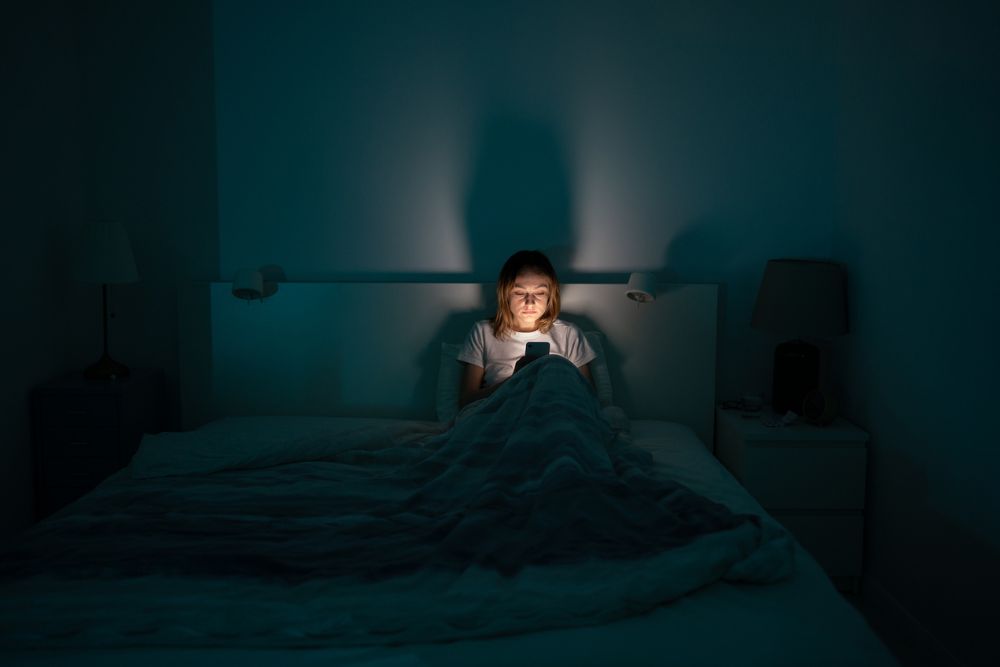It usually starts with something small. You’re waiting in line. Winding down before bed. Just checking the news or scrolling for something light.
Fifteen minutes later, you’re deep in a thread about climate disasters, watching a video of someone’s kitchen flood, questioning your parenting skills, and comparing your haircut to a stranger’s engagement photos. You put your phone down, slightly nauseated and unsure where the last half hour went.
You didn’t mean to get sucked in. But you did. Again.
Welcome to life online—where your attention is the product, your emotions are the currency, and your brain is being rewired in real time.
Constant Input Leads to Constant Overload
The internet wasn’t built for human nervous systems. Or rather—it was, but in a way that keeps us hooked, not healthy. Every headline, notification, and video preview is engineered to hijack your attention and keep you coming back.
You might start your day intending to just “check in,” but the design of most online platforms doesn’t encourage you to check out. Instead, they feed you an endless stream of content, with each scroll delivering new emotional stimuli—rage, fear, awe, envy, and confusion. Your brain doesn’t get a chance to rest.
A 2023 study published in BCP Education & Psychology explains that excessive information consumption is directly linked to anxiety, depression, and burnout. People experiencing information overload often report symptoms such as poor concentration, memory issues, irritability, and sleep disturbances. The pressure to keep up—combined with fear of missing out (FOMO)—only worsens the cycle, leading to a condition sometimes referred to as “information fatigue syndrome.”
Doomscrolling Adds Fuel to the Fire
Doomscrolling—the compulsive consumption of negative news—isn’t just a bad habit. It’s a trauma response in slow motion. Our brains are wired to monitor threats. In prehistoric times, that might have meant scanning the horizon for predators. Now, it means refreshing your feed at midnight, even though each new story makes you feel worse.
Your brain thinks it’s keeping you safe by staying alert. But the constant stress puts your nervous system into overdrive. Cortisol, the primary stress hormone, surges. Your body becomes primed for danger that never arrives.
A 2025 study published in the International Journal of Social and Human Studies analyzed multiple peer-reviewed sources and found that doomscrolling increases anxiety, depression, and stress, especially among college students and young adults. Over time, doomscrolling can even distort reality, reinforcing the belief that the world is more threatening or hopeless than it actually is—a pattern that compounds depression by leading to a lack of motivation and withdrawal.
Comparison Is the Thief of Joy
Social media wears a different mask, but its effects are just as real. Everyone seems to be doing better—living louder and looking happier. Even when you know it’s curated, even when you tell yourself it’s not real, it can be hard not to compare.
For someone struggling with low self-worth, social platforms can be especially cruel. They turn internal doubts into external “evidence.” Someone else got the job. Took the vacation. Bought the house. Made the memory. Meanwhile, you’re still here, scrolling.
You log on to feel connected. Instead, you feel less than. Left out. Lonely. Numb.
Algorithms push content that gets the most engagement, not content that supports your well-being. That often means controversy, spectacle, and unattainable ideals. If you’re already feeling vulnerable, this type of content doesn’t just sting—it sticks.
Research indicates that women are more at risk for negative mental effects due to social media comparisons. A 2023 Ox Journal study reports that 90% of women compare themselves with other people on social networking platforms, while only 60% of men say social media use leads to such comparisons.
Dissociation Is Your Brain’s Emergency Brake
When it all becomes too much—too loud, too fast, and too emotionally loaded—your brain may flip the switch into dissociation.
That zoned-out, glazed-over feeling? That’s not laziness. It’s your mind protecting you by disconnecting. Dissociation is a coping mechanism, often subconscious, that helps you survive being emotionally overwhelmed.
In the moment, it can feel like scrolling numbly or staring into space. You might lose track of time or forget what you were even doing. It can be oddly comforting—but also deeply disorienting.
For people already dealing with anxiety or depression, dissociation can become a default state. You stop noticing your body. You drift from your goals. You feel like you’re watching life instead of living it. And the scariest part? It can become so familiar that it feels normal.
Over time, chronic dissociation contributes to feelings of isolation, disconnection, and emotional numbness. It can make it harder to seek help—even when you know you need it.
Why Logging Off Isn’t So Simple
We know the internet is exhausting. So why don’t we just turn it off?
Because these platforms are designed to override your instincts. They use the same psychology as slot machines—unpredictable rewards, bright visuals, and emotional bait.
Add in a fear of missing out, pressure to stay informed, and the habit of using screens to self-soothe—and suddenly, you’re spending hours online without ever feeling better.
If scrolling is your main coping tool—and it’s leaving you feeling worse than ever—you might benefit from talking to the experienced care team at Eagle View Behavioral Health in Bettendorf, Iowa. We can help you figure out how your time online is affecting your mental health so you can create a plan to move forward. Reach out today for a free, confidential assessment.






